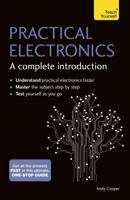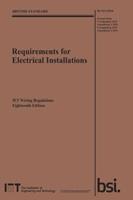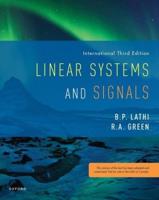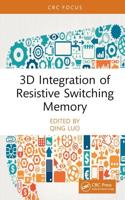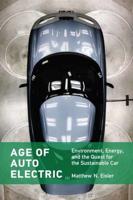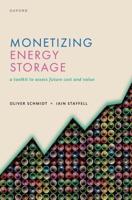Publisher's Synopsis
Computer-Aided Design and Optimization of Hybrid Energy Storage Systems covers a wide range of topics related to the computer-aided design and runtime management of Hybrid Energy Storage Systems (HESS). As electrical energy consumption increases and power generation operating reserve margins becomes tighter, the need for high-performance yet cost-effective energy storage system (ESS) is rising. Hybrid ESS (HESS) is an emerging technology that builds a high-performance and cost-effective ESS with currently available energy storage element technologies. Design and operation of the HESS is far more complex than those for homogeneous ESS because of the heterogeneity of the energy storage elements. Various benefits of HESS, such as high power/energy density, low cost, high cycle efficiency, and long cycle life, cannot be achieved unless judicious optimizations are performed during design and operation. Computer-Aided Design and Optimization of Hybrid Energy Storage Systems provides an extensive survey of research work and results on key aspects of HESS, including system architecture, design optimization, and applications. It covers the basics of HESS, starting from the energy storage element technologies and homogeneous ESS to the architecture, optimization schemes, and applications of HESS in comparison with homogeneous ESS. Computer-Aided Design and Optimization of Hybrid Energy Storage Systems provides the reader with a comprehensive primer on the wide variety of technologies, metrics, and systems related to HESS.


